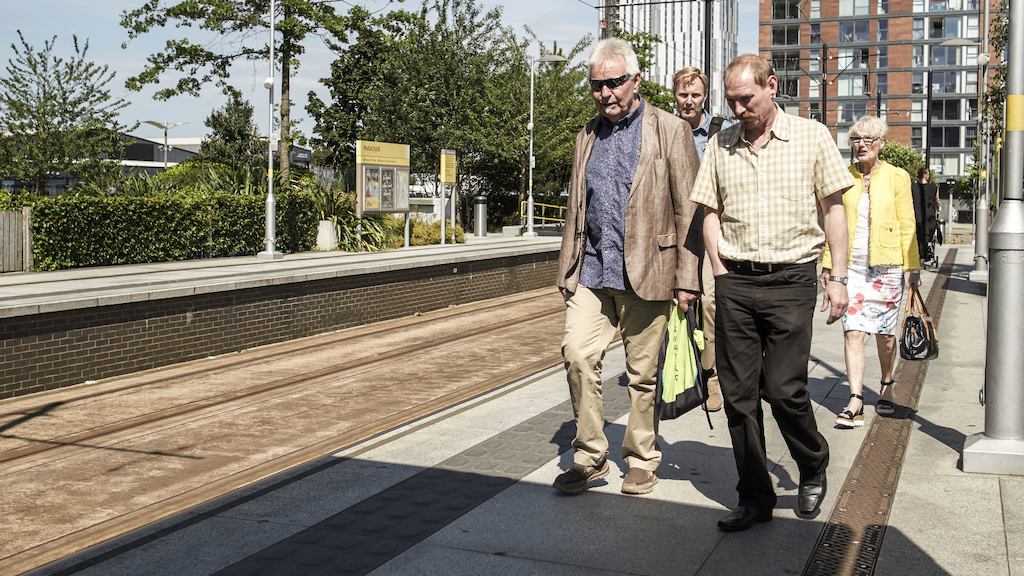I still remember when my grandad retired, and the general hubbub around it. The celebrations surprised me as a small child, but then as a footballer for Ipswich Town, and later working for the club, much of his time and energy had centred around something central to his and my family’s identity – football.
For many people, work is a major source of meaning as well as social connections, and leaving is a significant transition and a reshaping of life. So it is welcoming to see the What Works Well-being Centre briefing on retirement and wellbeing published last month.
Amongst other things, it tells us that the way people retire is important for their wellbeing. Having some control over the timing and planning is important. Having a ‘bridge’ job, e.g. a different part-time role, can also have a positive effect. Also: the type of job people had before retirement affects their wellbeing afterwards. People with more satisfying jobs are more likely to experience a drop.

